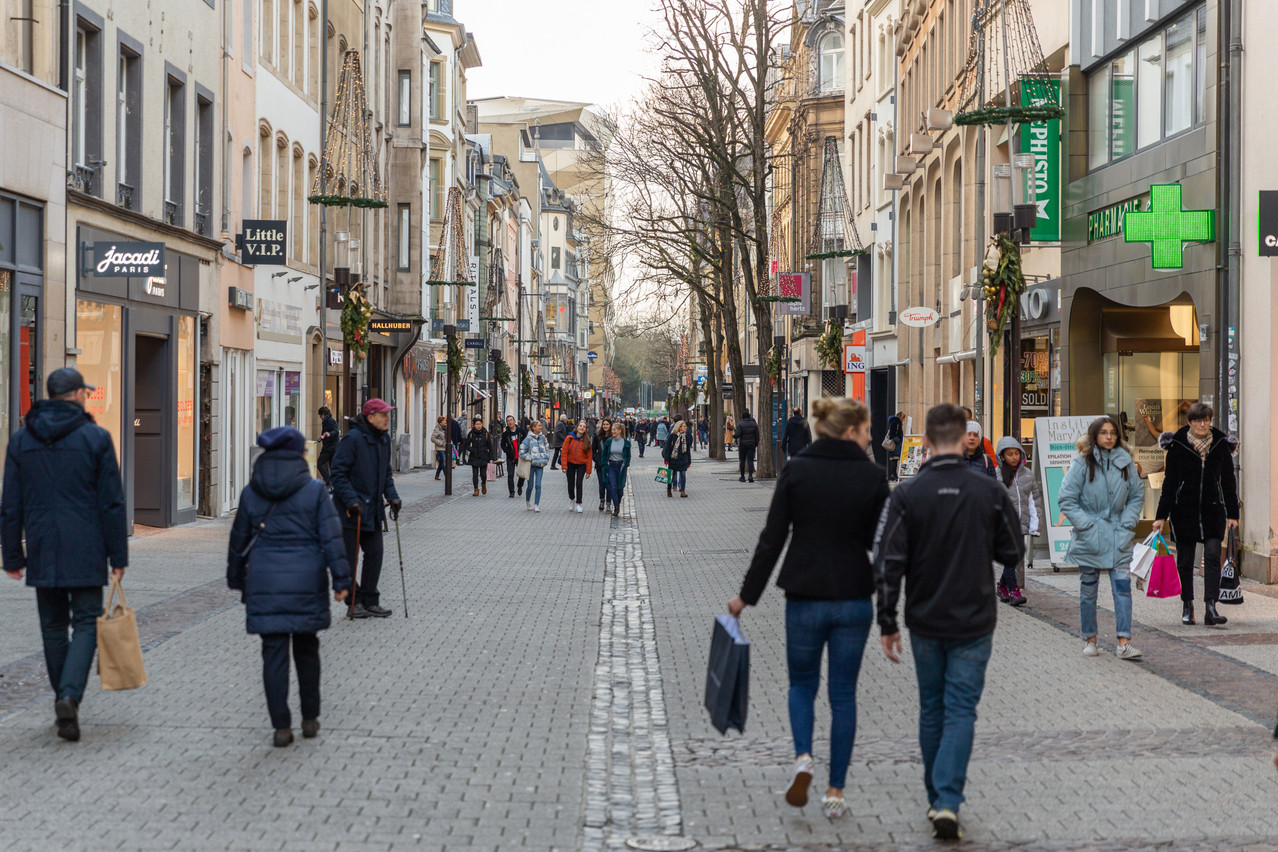The Luxembourg central bank (BCL) measures consumer confidence based on four indicators: the expected general economic situation in Luxembourg, household perception of their financial situation, their expected financial situation in the coming year and intended spending on major purchases.
All of the indicators improved over the past month compared to February but also compared to the year before.
While expectations of Luxembourg’s general economic situation plummeted to a score of -46 in September last year, it has since recovered to -18 in March. And while half a year ago, households rated their financial situation at -19, this is now at -14.
In November last year, fewer households expected to make major purchases (-30) than this past month (-19). The expected financial situation of households cratered in September 2022 at -30 points and has now recovered to -3.
The improved outlook comes as the government, labour and business unions on 3 March struck another tripartite agreement, extending support for households to uphold purchasing power and throttle inflation.
Overall consumer confidence was at -13, up from -24 last year but significantly below the score of -8 in February 2022, with data raised before Russia’s invasion of Ukraine.
